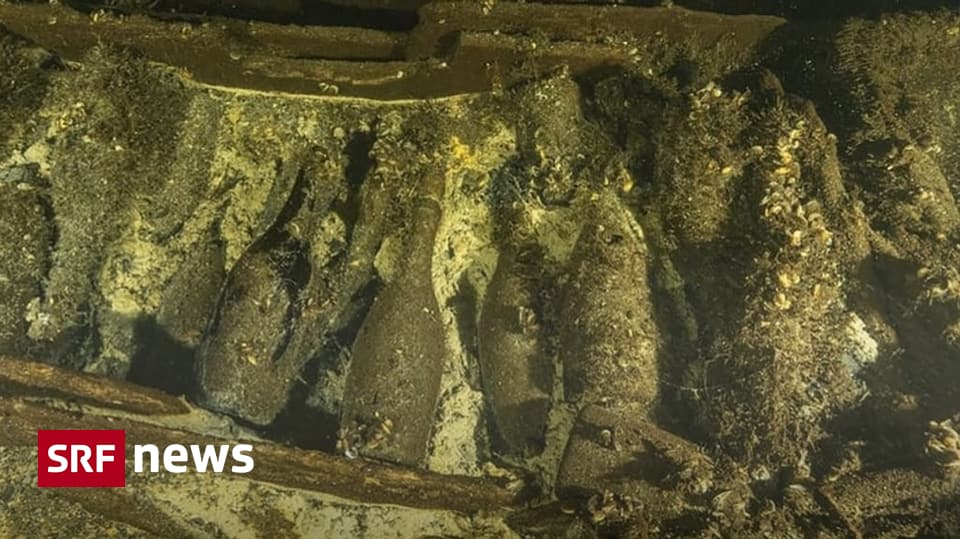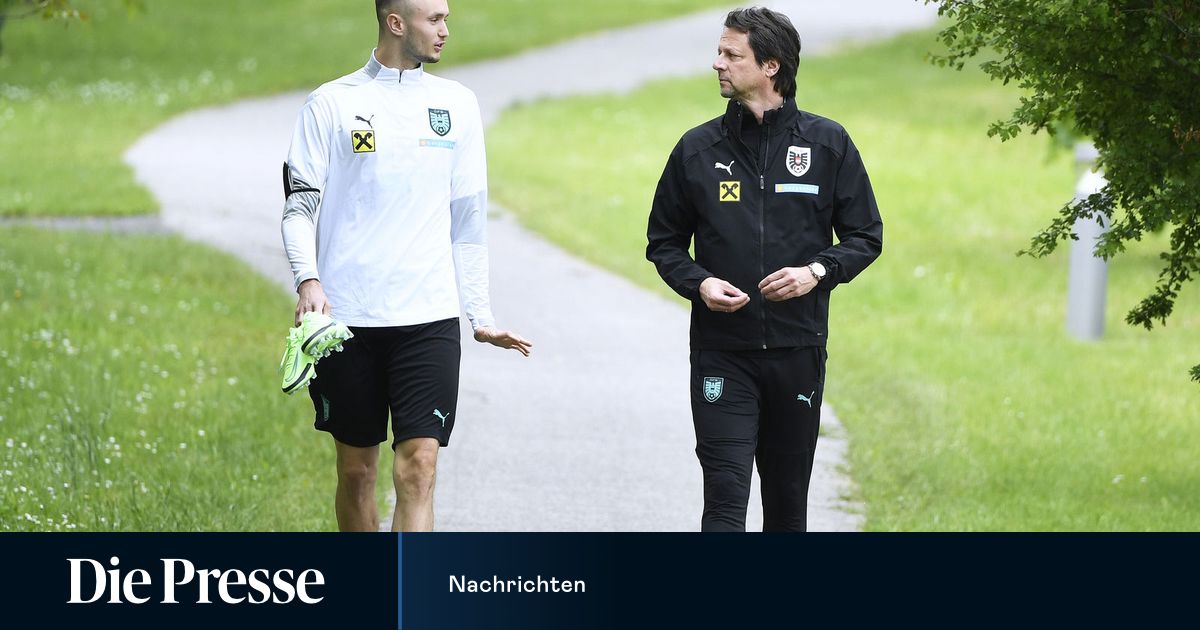Austria’s director of sport, Peter Schoettle, presented his newly organized area at the country’s largest sports federation on Tuesday in Vienna.
The Sports Directorate has been expanded from four to six specialized divisions, and according to Schoettle, there are now 45 full-time employees working there. “The work of the federation is much more than just the men’s team,” confirmed the former international player three weeks before his decisive World Cup match.
Schoettle has been responsible for the sporting fortunes of the federation as successor to Willie Rottsteiner since October 2017. In recent years, management has undergone a thorough evaluation. As a result, the core regions were expanded to six at the start of the season. In addition to the national teams, folk football, talent development, coaching academy and women’s football, there has also been a separate science, analysis and development department since the fall, which is headed by former ÖFB analyst Stefan Osen.
“Ten years ago, I did not expect the value and dimensions to be acquired so quickly,” Schoettle said of the scientific component of football. This was taken into account. Oesen and his team process massive amounts of data on a knowledge platform from the SAP provider. In addition to video analytics, diagnostics and training, data-based control of an individual’s work at a scientific level is also made possible, the department head explained.
According to Oesen, the recommendations for action that the ÖFB makes to players through the concept of “player first” are also examined on the basis of the data. ‘Players first’ is not a game philosophy in terms of formations and principles, emphasized Thomas Edler, Head of Coach Education and Training, now called the ÖFB Coach Academy. Edler spoke of a “paradigm shift” – from the platform and attitudes to the behavior and functions that individual players must perform.
In terms of talent promotion, the general manager, Martin Scherb, sees a “catch-up necessity” in the goalkeepers area in particular. There, with Günther Kreisel being the “goalkeeper’s head”, the first pegs were tied. Scherb said Project 12, which has been passed by several prominent ÖFB pioneers as an individual support programme, has “changed in a revolutionary way”. “The biggest lever was that we designed the jug watering system differently.”
Isabel Hochstuger, as head of women’s and girls’ soccer, is hoping to use the European Championship in England this summer as a catalyst. Currently, only seven per cent of those active in Austrian clubs are women. “We have not yet succeeded in blatantly increasing this number,” he added. In team sport, the main focus is on keeping children in the sport for longer, explained Stefan Gog, responsible for this at the Austrian Football Association.
Schoettle was content to retain the most important players, who would have been eligible to play for several countries, with the Federation in the recent past. The Viennese named Sasa Kalajdic and Yosef Demir, among others, but also Dejan Ljubicic, Junior Adamu and Ercan Kara. According to Schoettle, even superstar Luka Modric made a home run for Adrian Gerbic to win it for Croatia – without success. However, Rapids Conference striker Vitesse Arnhem has not been called up for the ÖFB team for nearly a year.
(APA)

“Alcohol buff. Troublemaker. Introvert. Student. Social media lover. Web ninja. Bacon fan. Reader.”







More Stories
Is the wrong diet making you forget?
We can study it with a new telescope.
Education: Start studying astronomy at school.